Choosing the right camera can feel like a big task. Many photographers wonder about the key differences between rangefinder and SLR cameras.
Each type offers unique benefits and drawbacks that affect photo quality and shooting style. When buying a camera, knowing these differences helps make the best choice for your needs.
However, this post will explain what makes rangefinder vs SLR cameras different from each other. You’ll learn about their main features, pros and cons, and what to choose.
By the end, you’ll have clear facts to help pick the perfect camera for your photography goals. The right camera can make all the difference in capturing those special moments just how you want them.
In-depth Overview of Cameras
Cameras come in many shapes and types, but two stand out for their design and function: rangefinder and SLR cameras.
These two have been popular among photo lovers for many years. Each works differently to help take photos. The method used to frame shots and focus on subjects differs between these camera types.
Their size, weight, and shooting speed also vary. Let’s look at what makes each type special and how they help photographers take great pictures.
Rangefinder Camera
A rangefinder camera uses a viewing system separate from the lens. When looking through the viewfinder, you see frame lines that show what will be in the photo.
These cameras tend to be smaller and lighter than their SLR cousins. They make less noise when taking photos and often have fewer moving parts.
Many street photographers like rangefinders because they can stay more hidden when shooting in public places.
SLR Camera
SLR stands for Single Lens Reflex. These cameras let you see exactly what the lens sees through a mirror system. When you press the button, the mirror flips up, and light hits the film or sensor.
SLR cameras offer more exact framing since you look through the actual lens. They work well with many different lenses and often have more settings to change.
Sports and wildlife photographers often pick SLRs for their quick focus and shooting speeds.key differences
Rangefinder Vs. SLR – Basic Differences
When choosing between a rangefinder vs SLR camera, several key factors come into play. These differences affect how you shoot photos and what results you get. Understanding these contrasts helps pick the right tool for your photography style.
Here’s a simple breakdown of how these two camera types compare on the most important features.
| Feature | Rangefinder | SLR |
|---|---|---|
| Viewfinder | Separate from the lens | Through the lens |
| Size | Compact and light | Bulkier and heavier |
| Noise | Very quiet | Louder shutter sound |
| Focusing | Manual focus with patch | Auto or manual through the lens |
| Lens Options | Limited range | Wide variety available |
| Frame Preview | Shows the area around the subject | Shows only what will be captured |
| Battery Life | Often longer | Shorter due to the mirror mechanism |
Pros and Cons of Rangefinder Vs. SLR
Every camera type has strengths and weaknesses. Your shooting style and needs will help determine which is best for you.
Let’s examine what makes each camera shine and where it might fall short. This will help you make a smart choice based on what matters most to your photography.
Rangefinder
- Size and Weight: Rangefinders are smaller and lighter, making them easy to carry all day without arm strain.
- Quiet Operation: The shutter makes very little noise, perfect for weddings, wildlife, or street photos.
- Less Camera Shake: No mirror movement means sharper photos at slower shutter speeds.
- Limited Lens Options: Fewer lenses are made for rangefinders, which limits your creative choices.
- Manual Focus Only: Most rangefinders lack auto-focus, which can be hard for beginners.
SLR
- What You See Is What You Get: The viewfinder shows exactly what will be in your final photo.
- Lens Variety: Huge selection of lenses for every type of photography need.
- Better for Action: Fast auto-focus makes catching sports and moving subjects easier.
- Bulkier Size: Heavier to carry around all day, which can be tiring on long shoots.
- Louder Operation: The mirror flip makes more noise, which can disturb quiet settings.
Which One to Choose From?
Choosing between a rangefinder and an SLR depends on your needs as a photographer. For street photography, where being quick and quiet matters, a rangefinder might work better.
These cameras let you move fast and stay low-key. If you shoot sports or wildlife or need many lens options, an SLR could be your best bet.
The through-the-lens view helps with exact framing. Think about what you shoot most often. Do you need to be quiet and mobile? Go with a rangefinder.
Need precise framing and lots of lens choices? Pick an SLR. Your shooting style matters more than specs. Some photographers even keep both types for different jobs.
Conclusion
Both rangefinder and SLR cameras have their place in photography. Your choice depends on what you shoot and how you work.
Street photographers might prefer the quiet, compact rangefinder. Those who shoot sports or need many lens options may find an SLR more useful.
The best camera is one that feels right in your hands and helps you take photos you love. Think about your most common subjects and shooting style.
Then, pick the tool that best suits your needs. No matter which you choose, the right camera will help you capture the moments that matter most to you.

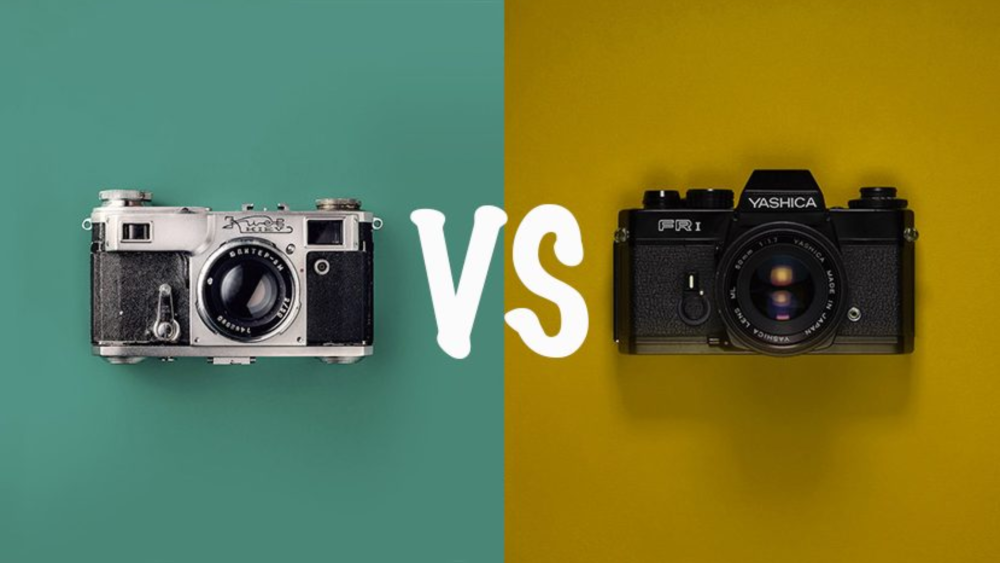
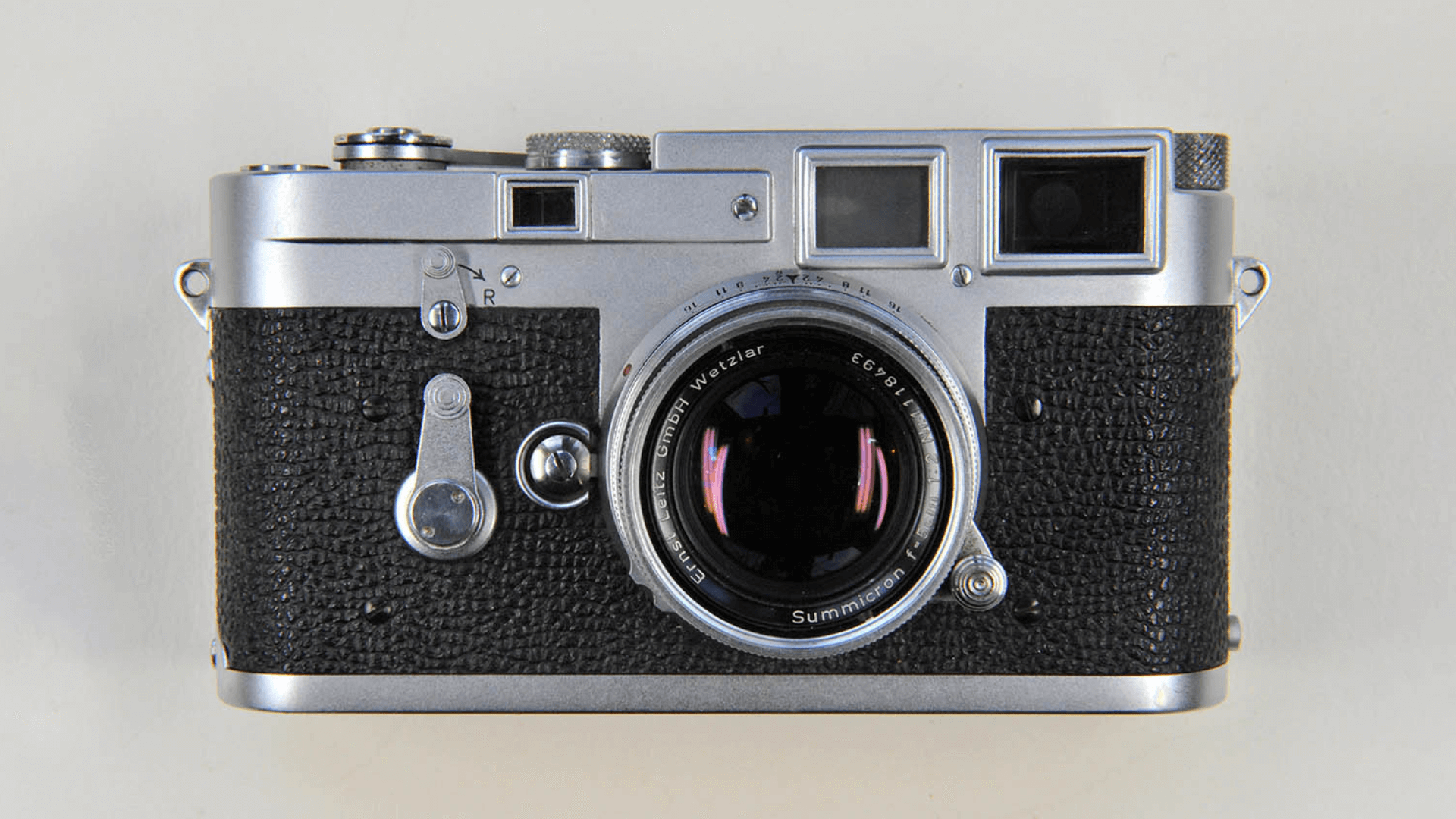
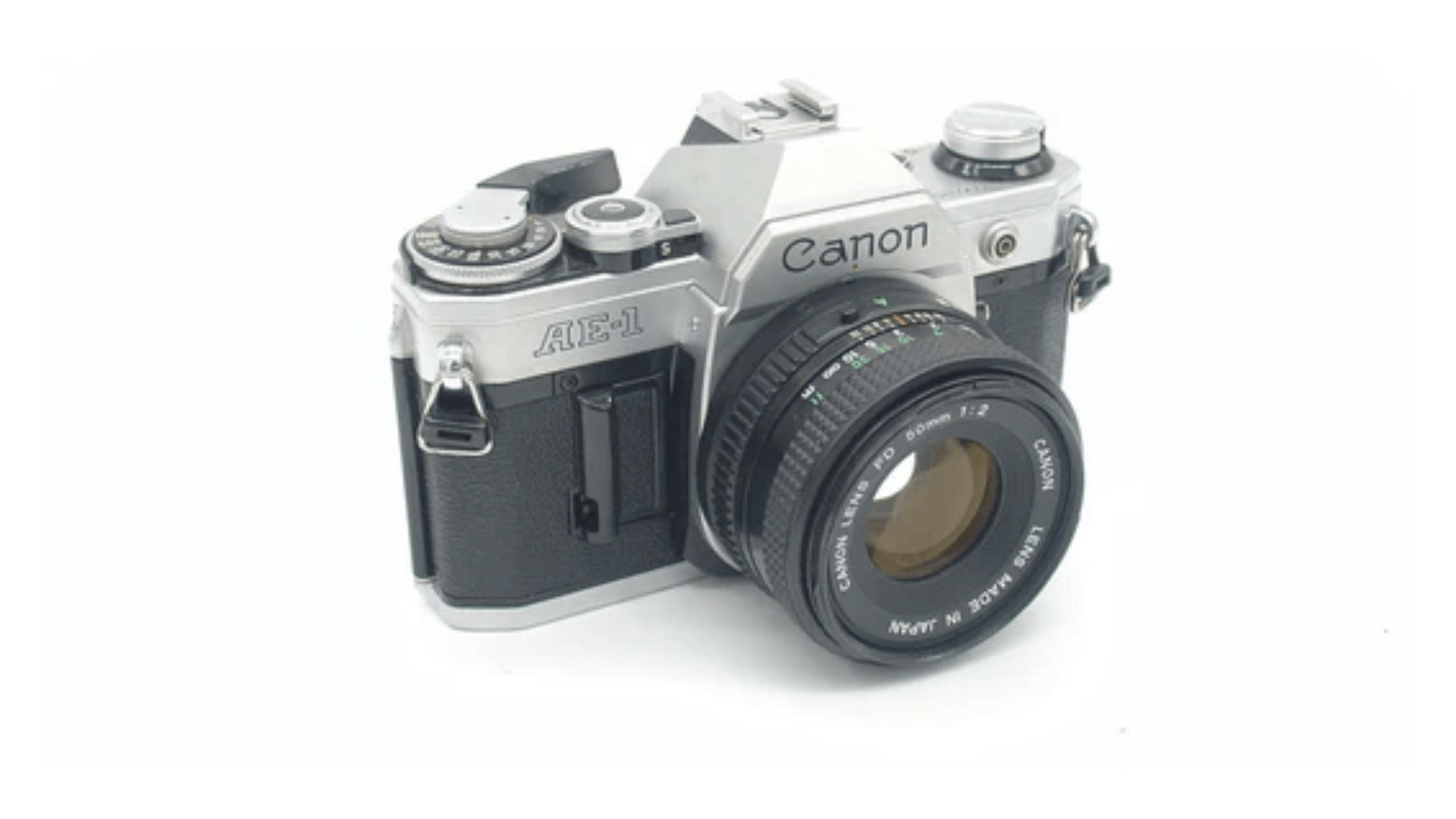
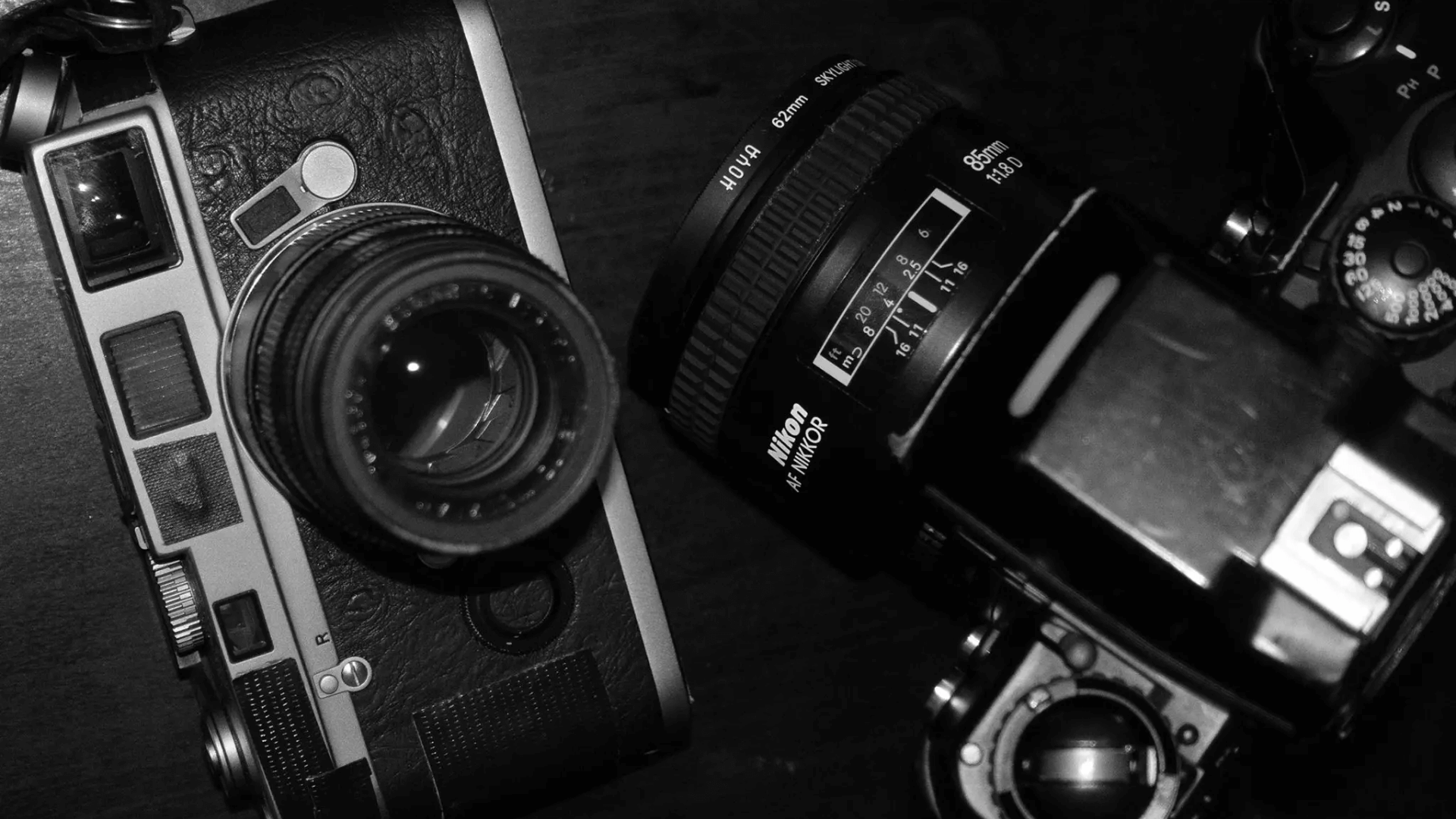
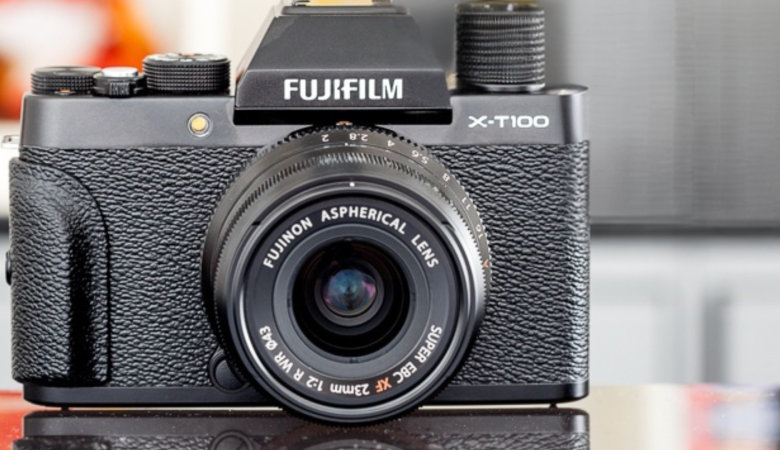
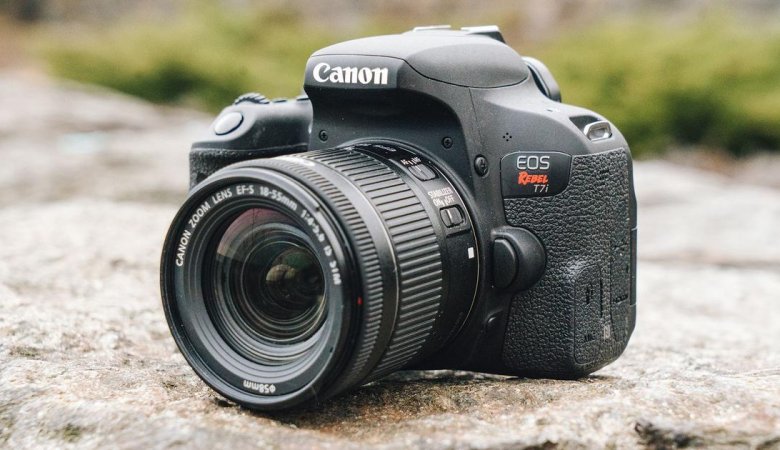
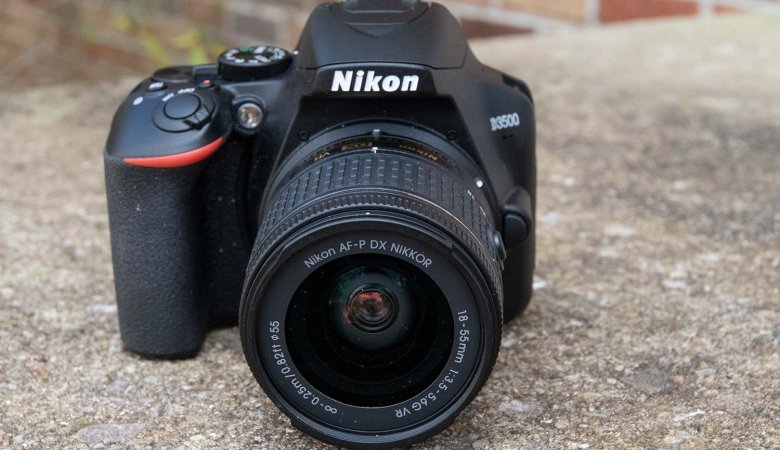
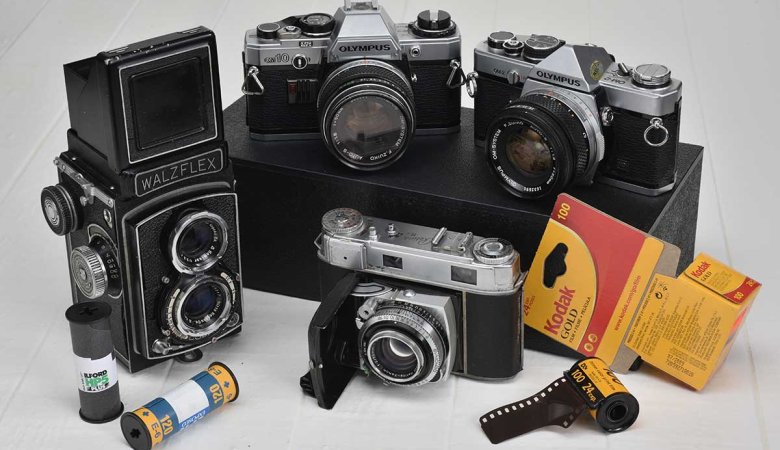
Leave a Reply